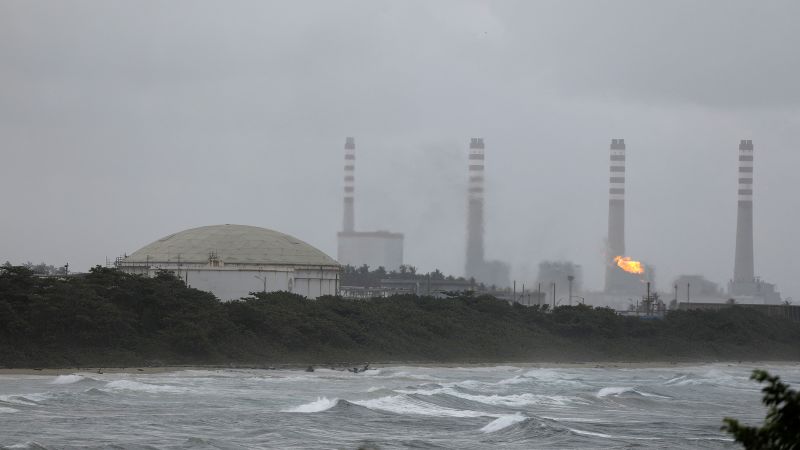The United States has decided to reimpose sanctions on Venezuela’s oil and gas sector in response to the Maduro government’s failure to uphold commitments made to allow an inclusive and competitive election to take place. General License 44, which allowed transactions with Venezuela’s national oil and gas sector without fear of sanctions, was due to expire, and after a careful review, the US determined that the Maduro government had fallen short in several key areas of the agreement, leading to the decision to not renew the license.
One of the key concerns cited by US officials was the blocking of Maria Corina Machado, a leading opposition candidate, from running in the election, as well as the refusal to allow her designated alternative candidate Dr. Corina Yoris to register. This lack of compliance with the spirit and letter of the Barbados Agreement was a major factor in the decision to reinstate sanctions. While the exact impact of revoking the authorization is uncertain, the US will continue to engage with all stakeholders, including Maduro representatives, the democratic opposition, civil society, and the international community to support the Venezuelan people’s efforts towards a better future.
Despite the reinstatement of sanctions, the US will still allow another authorization permitting the oil company Chevron to resume limited natural resource extraction operations in Venezuela. Since the issuance of this license, Venezuela has experienced considerable production growth, leading to economic growth and development amid years of economic collapse. The decision to reinstate sanctions is not a final conclusion that Venezuela cannot hold competitive and inclusive elections, and the US remains committed to supporting efforts towards a more democratic, secure, and prosperous Venezuela through engagement with various stakeholders.
The decision to reimpose sanctions was primarily based on the actions and non-actions of the Venezuelan authorities, focusing on the political circumstances and situation in Venezuela. While potential impacts on oil prices and unauthorized migration were considered, the primary concern was the failure of the Maduro government to uphold commitments related to elections. Millions of people have fled Venezuela due to poor economic conditions, food shortages, and limited access to healthcare, highlighting the ongoing challenges faced by the country.
Venezuela’s oil minister Pedro Tellechea stated that the country is prepared to bear the cost of reimposed sanctions from the United States, claiming that Venezuela will continue to grow with or without the sanctions. He also warned of potential spikes in oil prices due to the sanctions and conflicts in the Middle East, which could lead to higher gas prices in the US and have implications for the entire international community. Despite these challenges, Venezuela remains resilient and determined to navigate the impact of the sanctions and continue its growth and development efforts.













